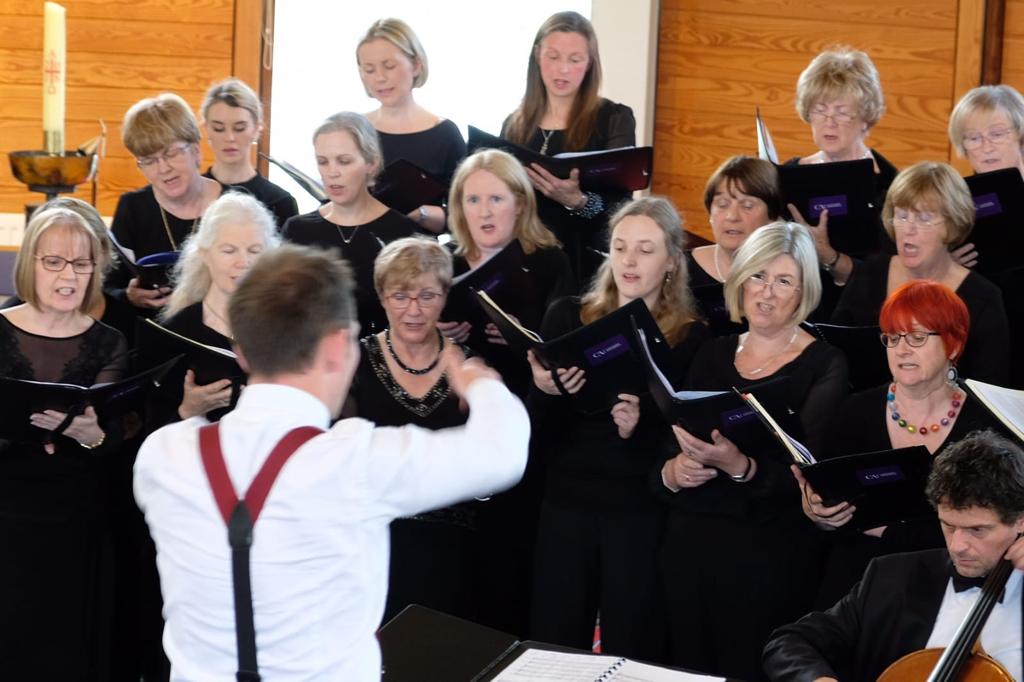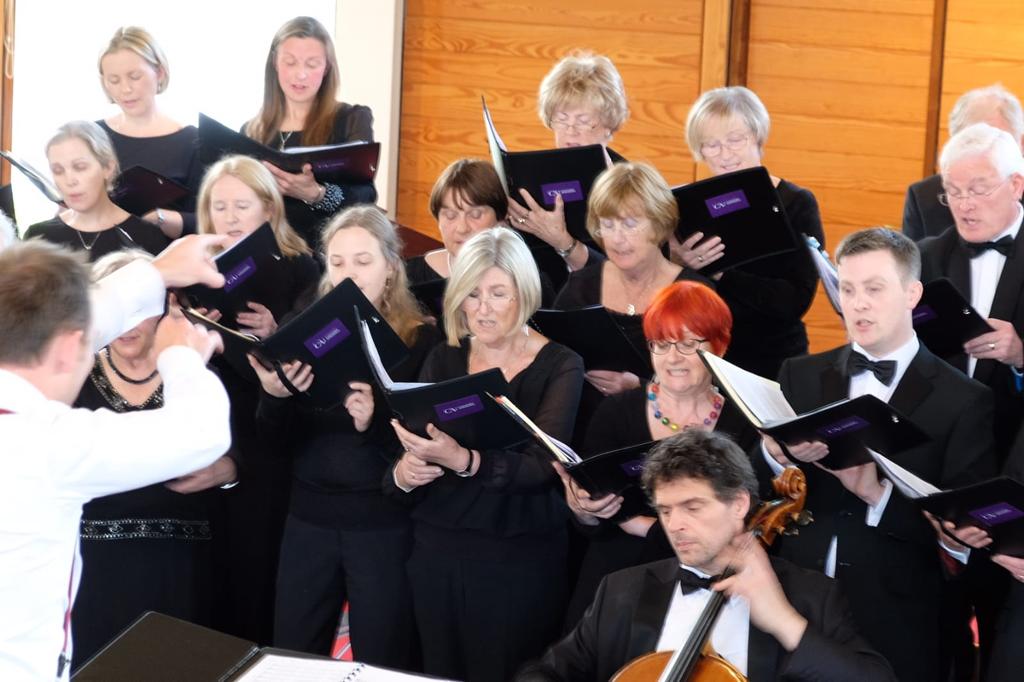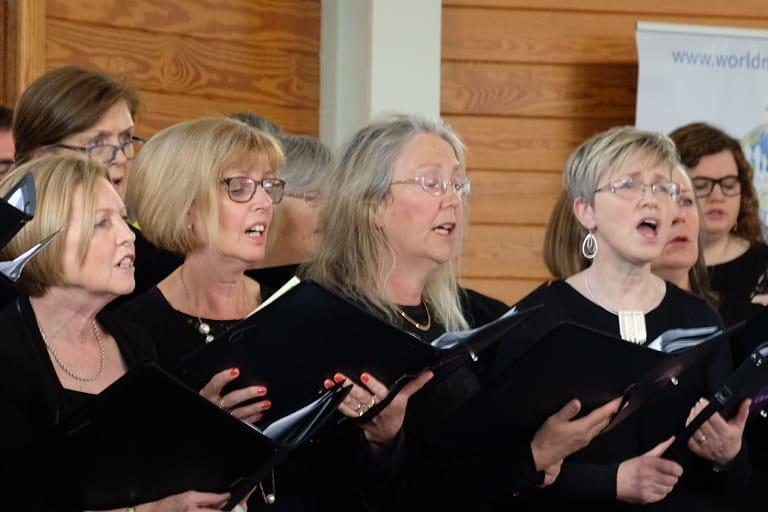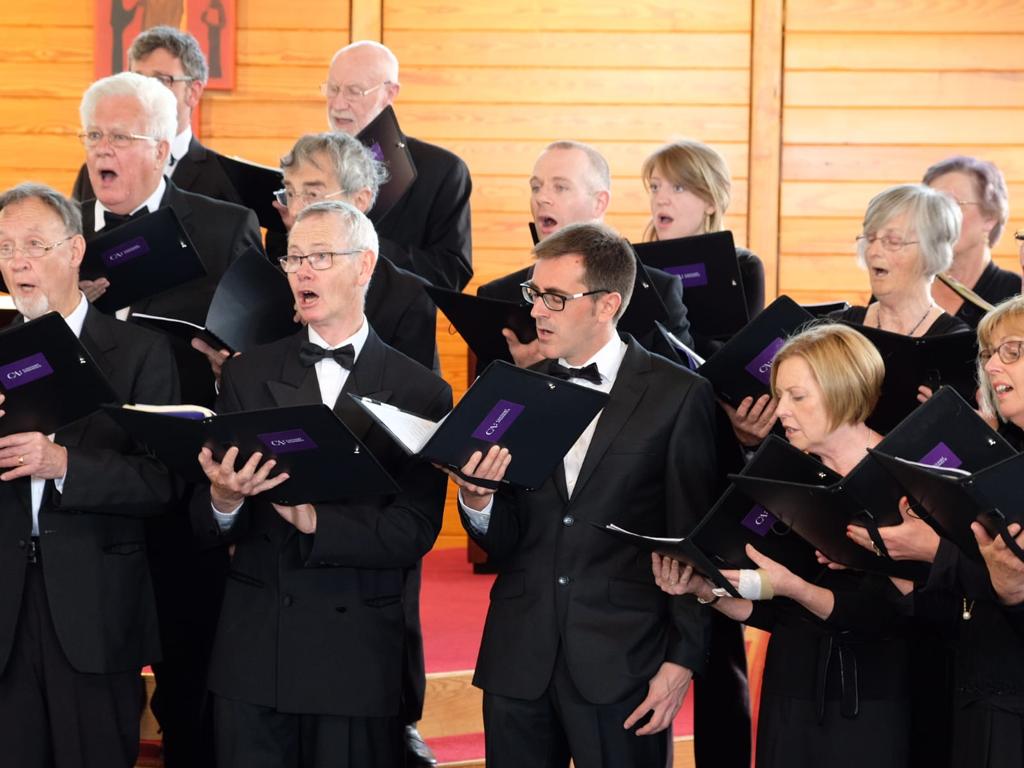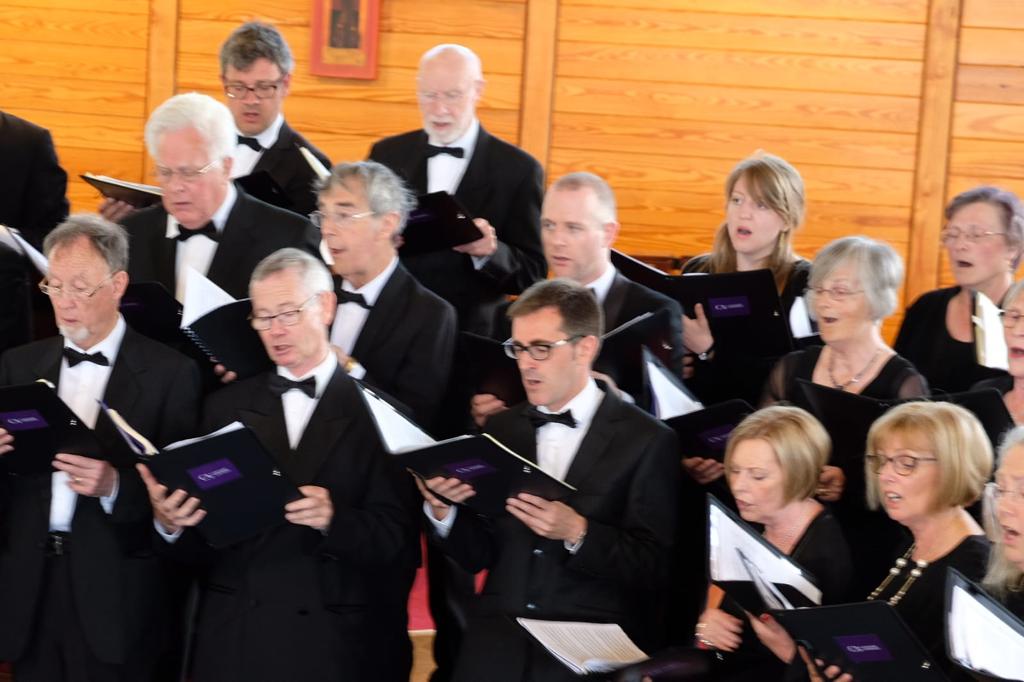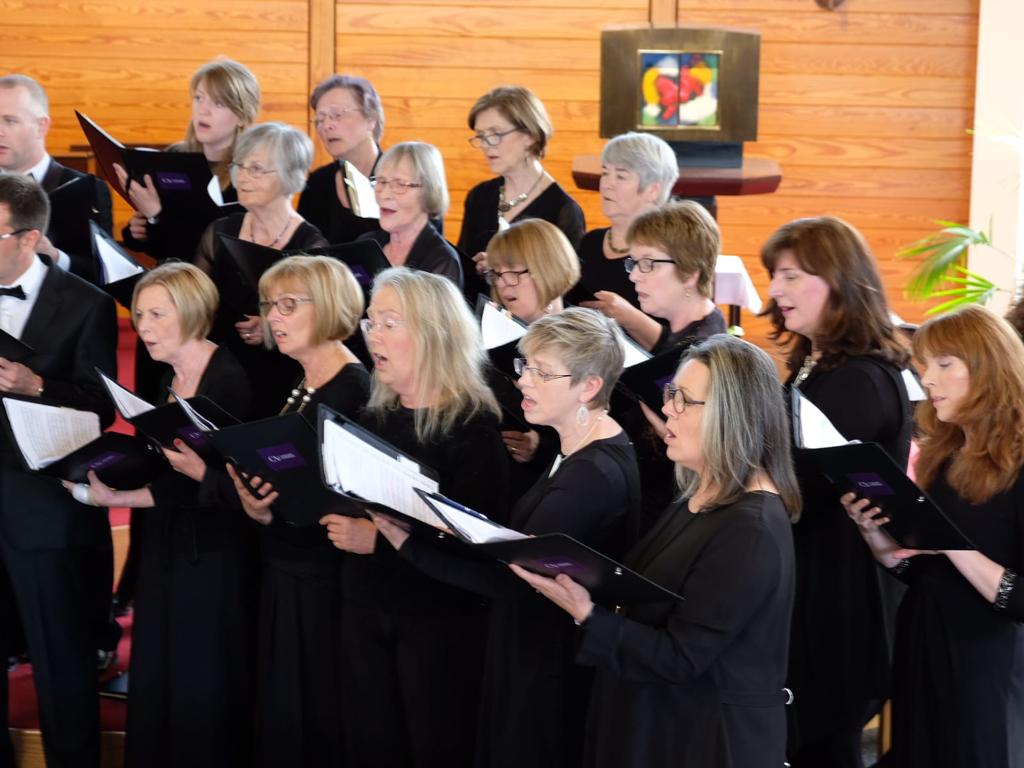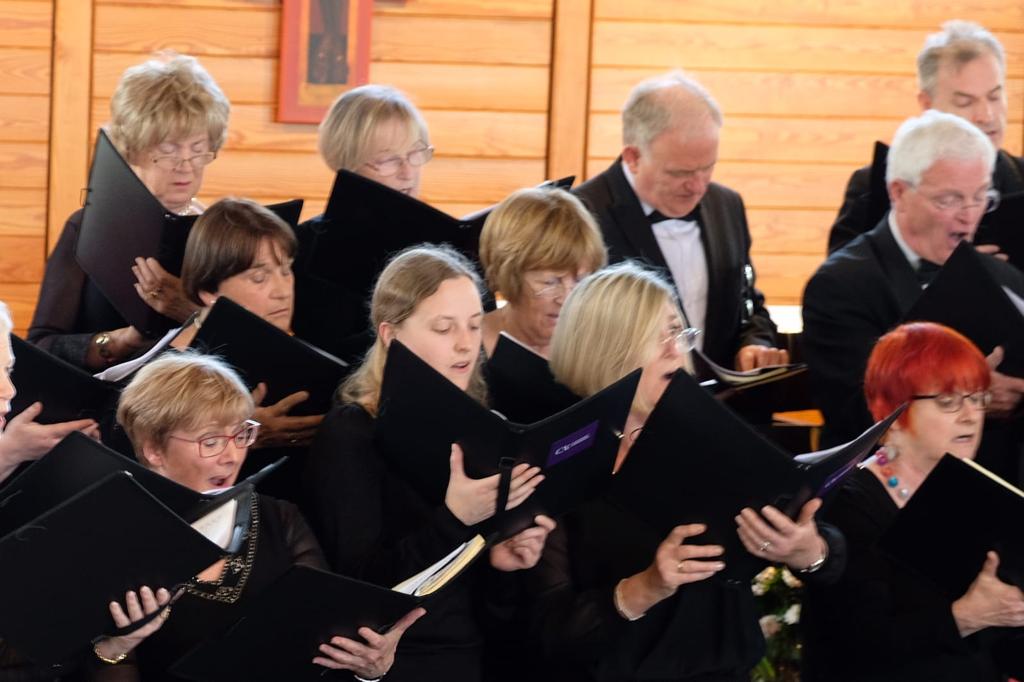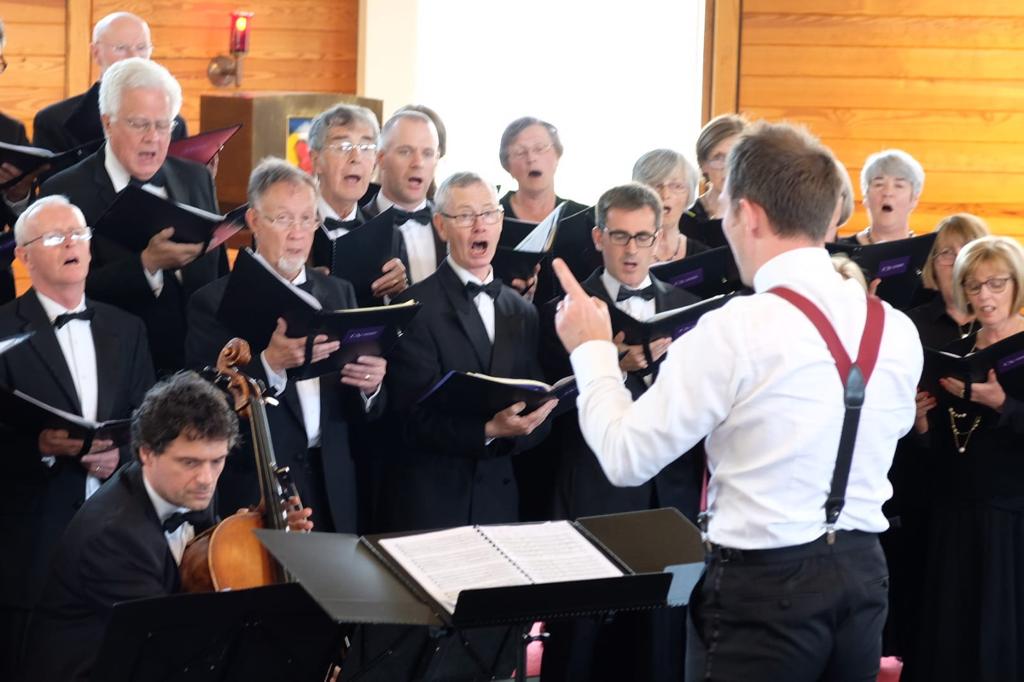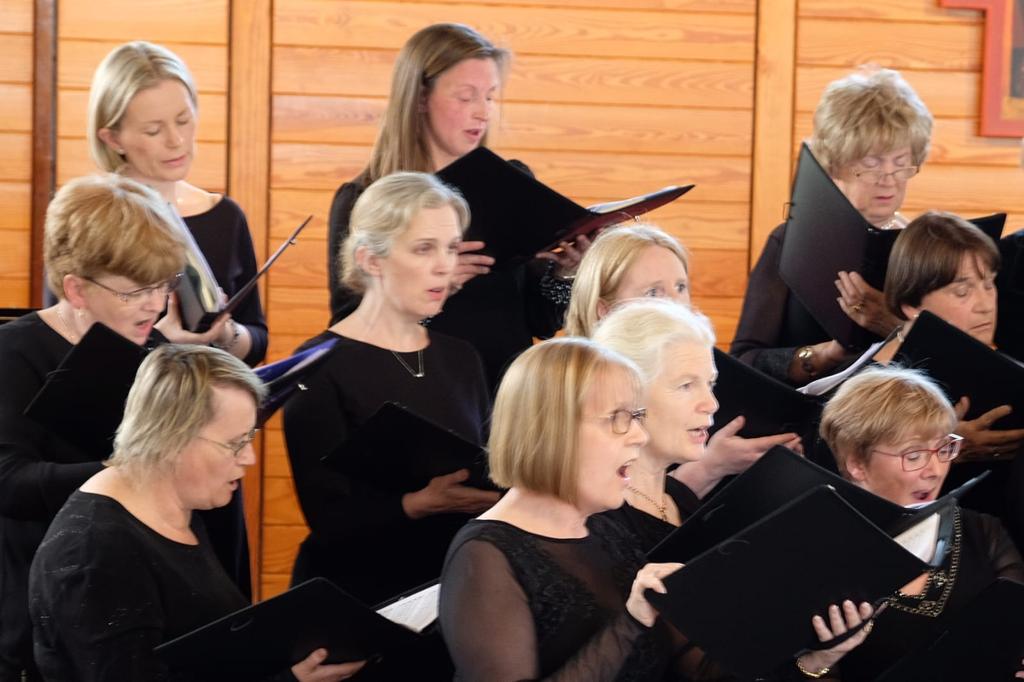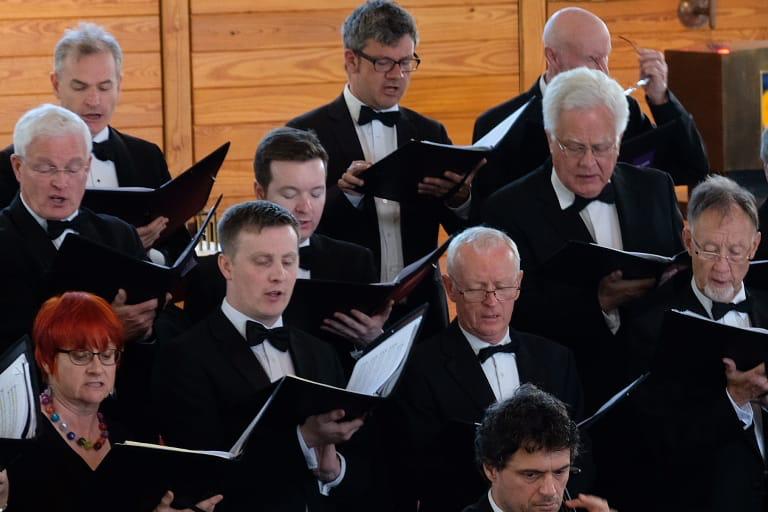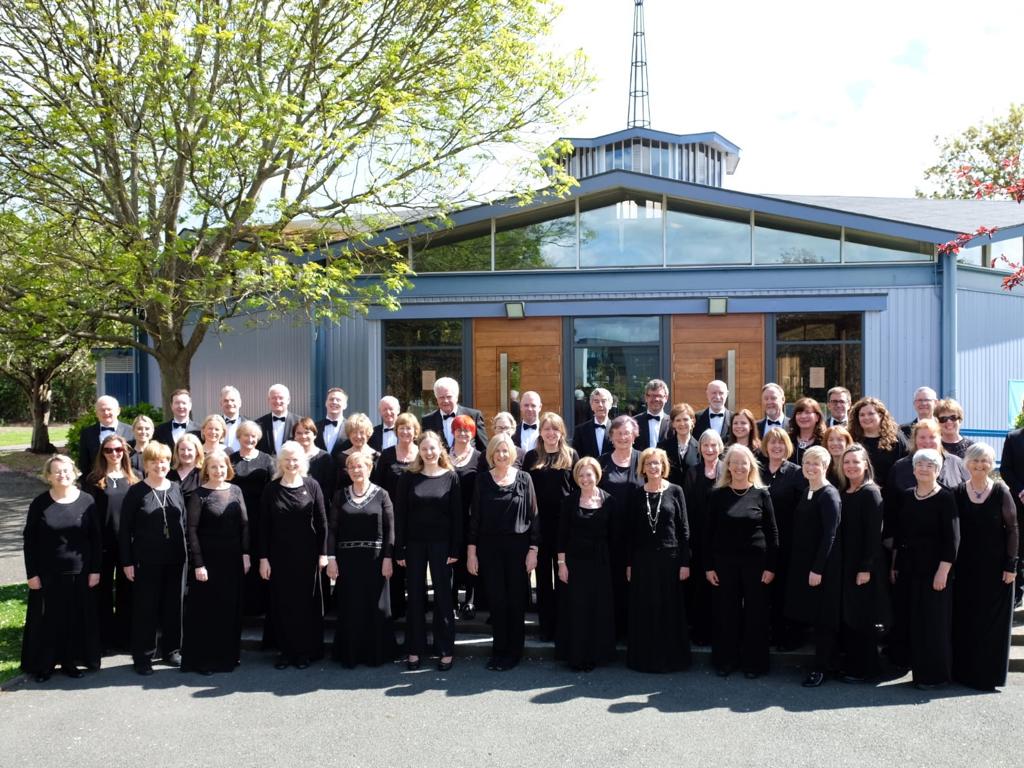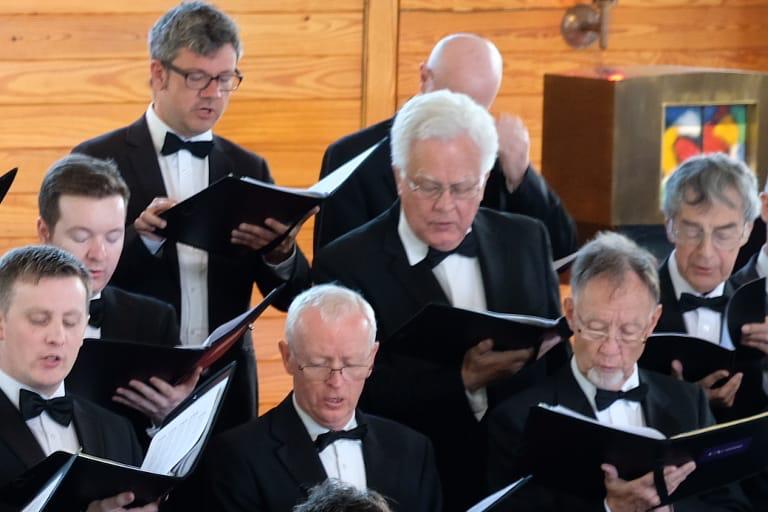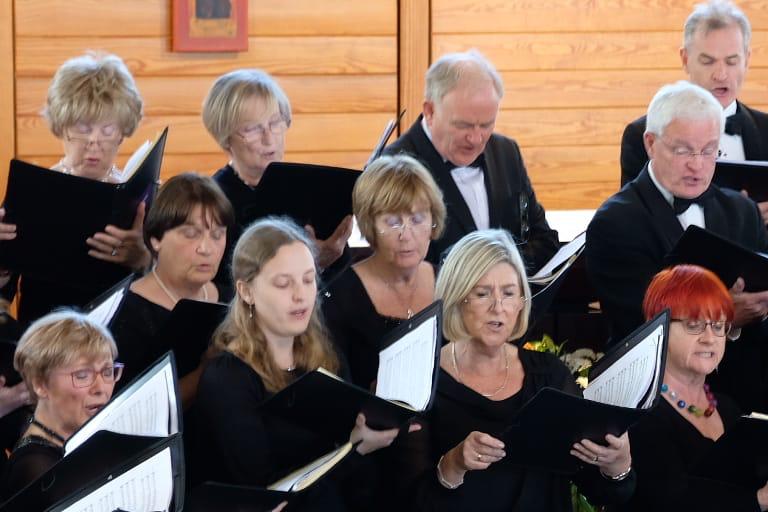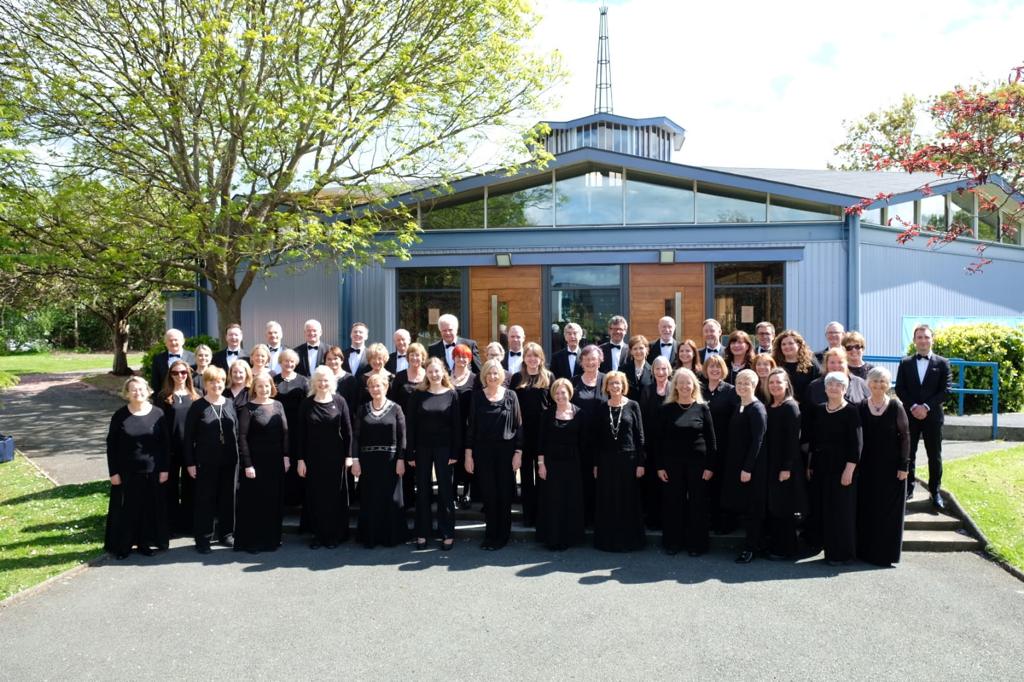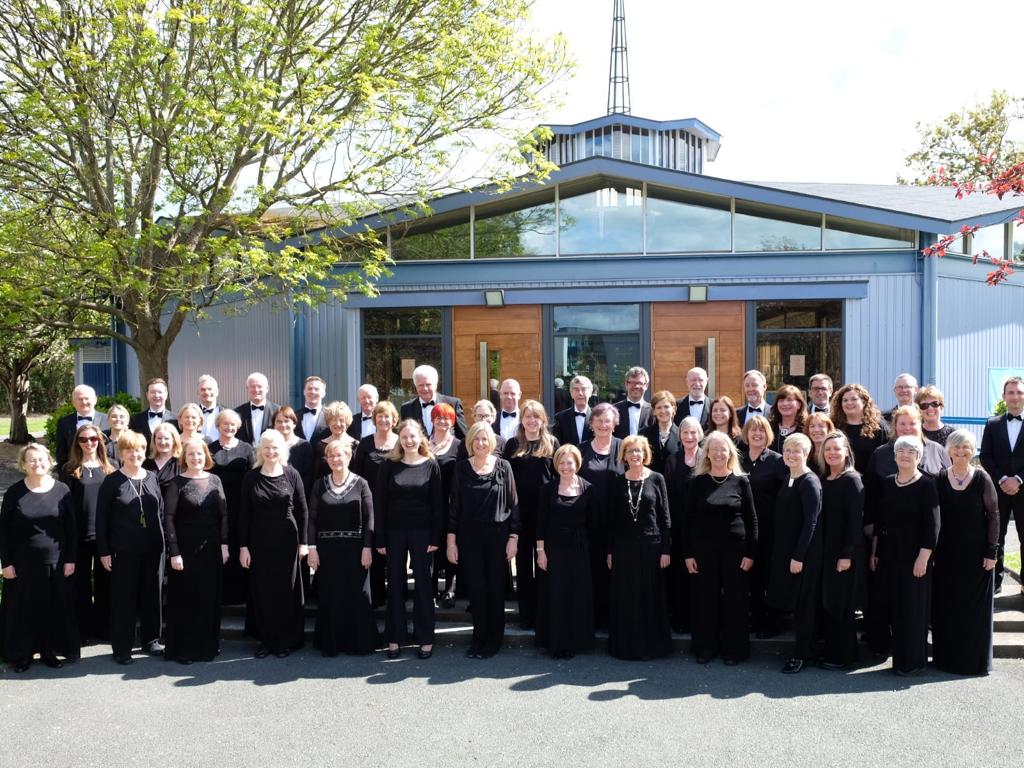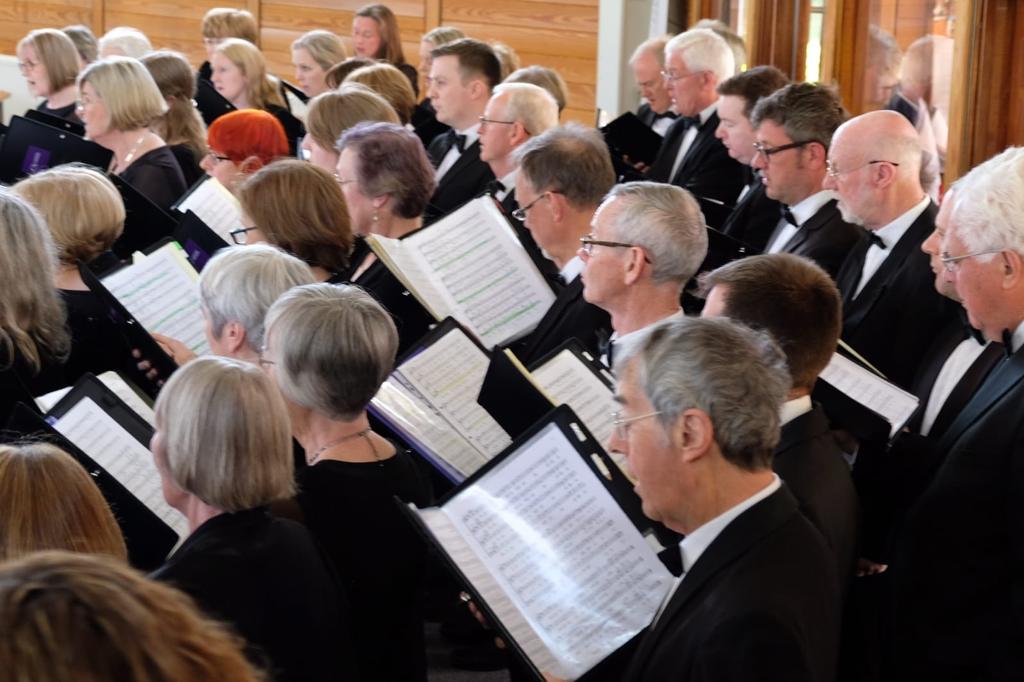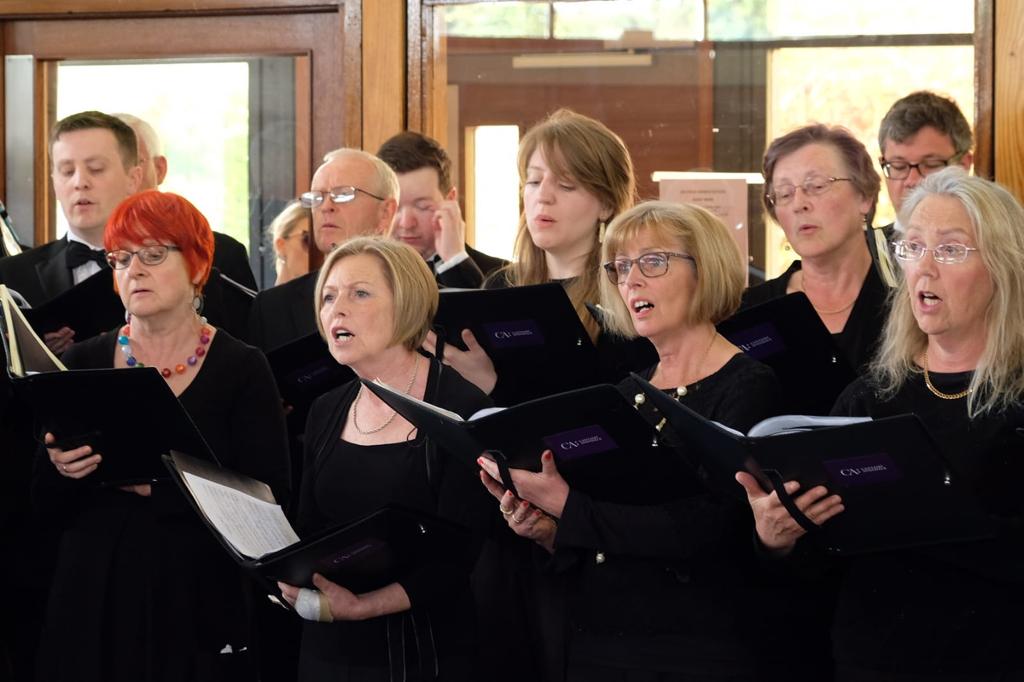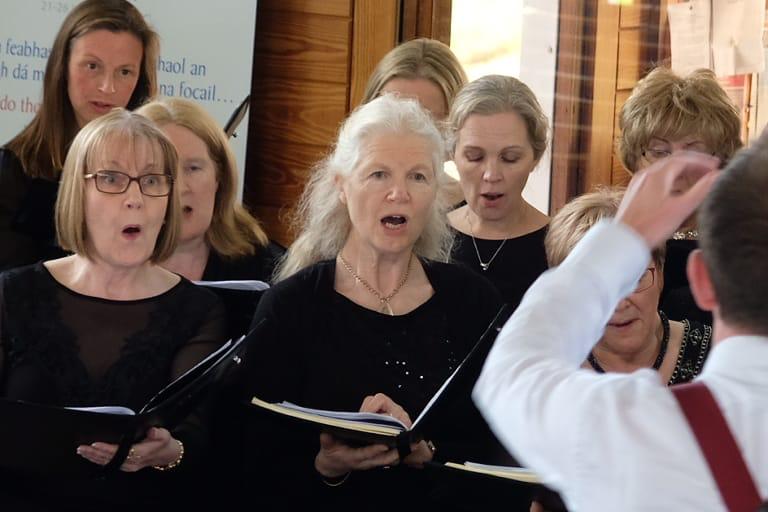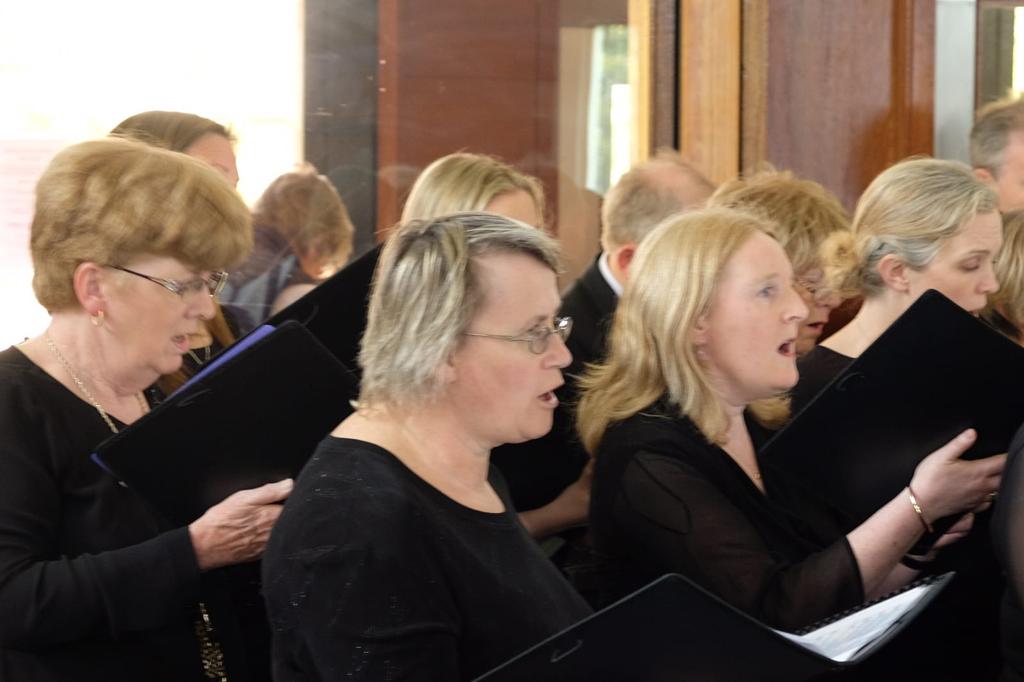In advance of our two performances on Bloomsday 2018 here is an interesting web post about musical references in James Joyce’s masterpiece.
Summer Concert 2018
Our 2018 Summer Concert was held in Belfield Chapel, UCD on Sunday, May 13th. Our programme included:
Brahms’ Deutsche Volkslieder Nr. 1-14 (a cycle of secular choruses, the first having been composed by Brahms as a young man with the later ones representing those composed by him towards the end of his life);
Bach’s Jesu meine Freude; and
Tom Lane's composition based on a passage from St John's Gospel translated into Irish entitled Mar Bhí Grá Dé Don Domhan Chomh Mór Sin.
Here are some pictures taking during our concert
What a great night of Bass!
Cantairi Avondale in Istria
The Sixteen live-streaming from the Sistine Chapel on Classic FM
Christmas Charity Donations
Cantairí Avondale has supported local charities over the years with proceeds from our concerts. Following the 2017 Christmas concert, we were delighted to make donations to St. Vincent De Paul - Ozanam House, Capuchin Day Centre and Irish Guide Dogs. Pictured below is Ros our chairperson presenting a donation to tenor (and soloist) Andy Green and his dog Nico. Andy, when thanking his fellow choir members, emphasised the importance of supporting the organisation in their work of training assistance dogs. We are more than happy to do so when we can.
Composer Tom Lane
Brahms Deutsche Volkslieder. Folksongs from the heart
The Choir will be performing Brahms Deutsche Volkslieder Nr, 1-14 at the Choral Fesival in Istria this coming April and at our Summer Concert in June. This is a cycle of secular choruses, the first half having been composed by Brahms as a young man through to those composed by him towards the end of his life.
Brahms was probably the first great composer to value folksong as a source of inspiration and renewal, a source of national pride and a gift to composers that came directly from the people—a provenance that was sometimes more a matter of fantasy than reality. He was singularly in love with the idea of folksong as a kind of manifestation of national unity (and this before the unification of Germany in 1871), and there are few other composers who took such painstaking care to incorporate folksong melodies into their compositions. When it comes to folksong in Germany there is no composer before or since who has done as much as Johannes Brahms and this may have something to do with the fact that he always identified himself deep down, and with considerable contrariness, as a working-class, rather than a middle-class, artist.
ref: Graham Johnson 2010


